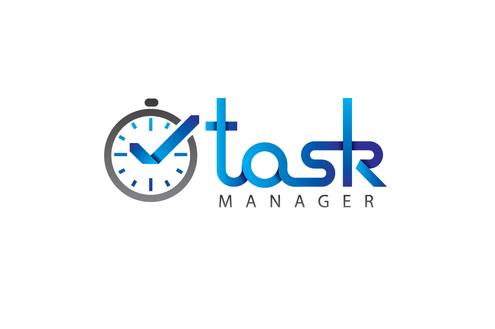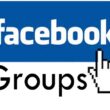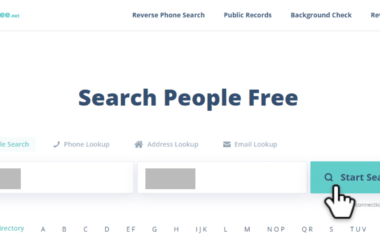In the fast-paced world of productivity, having an efficient task manager alternative is crucial. Whether you’re a seasoned professional or a multitasking enthusiast, finding the right task manager alternative can make all the difference in staying organized and on top of your game. In this comprehensive guide, we’ll delve into the features, limitations, and unique aspects that set task managers apart. Let’s explore the need for Task Manager alternatives and dive deep into some of the top contenders in the market.
Features And Limitations Of Task Manager

Navigating the intricate landscape of task management, it’s crucial to explore the nuanced features and limitations that shape the efficiency and user experience of a task manager.
Features that Define a Task Manager
- Intuitive User Interface: Task managers should offer a user-friendly interface for quick and easy navigation.
- Collaboration Capabilities: Seamless collaboration features enable effective teamwork and project coordination.
- Cross-Platform Compatibility: Accessibility across various devices ensures productivity on the go.
- Integration with Third-Party Apps: A task manager’s ability to integrate with other tools streamlines workflows.
- Customization Options: Personalization is key, allowing users to tailor the task manager to their specific needs.
Limitations of Traditional Task Managers
- Lack of Advanced Features: Basic task managers may lack features such as project timelines and detailed progress tracking.
- Inefficient Collaboration: Some task managers struggle to provide a collaborative environment, hindering teamwork.
- Limited Customization Options: Lack of personalization may result in a one-size-fits-all approach that doesn’t suit individual preferences.
- High Learning Curve: Complex interfaces and functionalities may discourage users due to a steep learning curve.
- Scalability Issues: Task managers may face challenges in scaling with the growing needs of organizations.
What Sets Task Manager Apart?
In a sea of task management solutions, what truly sets Task Manager apart is its seamless fusion of simplicity and power. Striking the perfect balance between a user-friendly interface and advanced functionalities, Task Manager stands out as an intuitive ally in the quest for productivity. Its collaboration capabilities go beyond the ordinary, creating a dynamic space for teams to coordinate effortlessly.
The cross-platform compatibility ensures that your tasks are at your fingertips, whether you’re on your desktop, tablet, or mobile device. With a keen focus on integration with third-party apps, Task Manager becomes not just a standalone tool but a seamlessly integrated part of your workflow. What truly distinguishes Task Manager is its commitment to addressing the limitations often found in traditional task managers, offering a solution that evolves with your needs and enhances your productivity journey.
Why Seek a Task Manager Alternative?
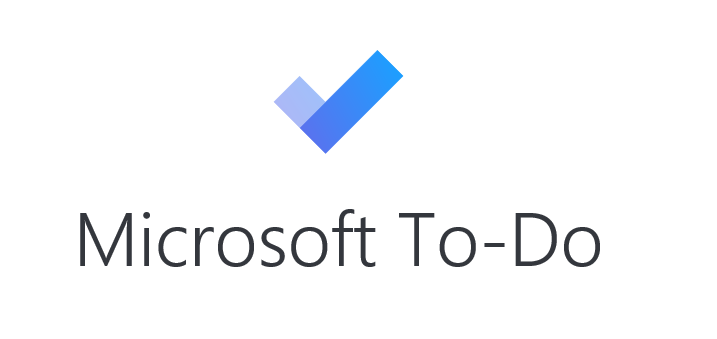
The quest for a task manager alternative often stems from the desire for a more tailored solution. Users may seek task manager alternatives due to dissatisfaction with their current task manager’s limitations or a need for specific features. Let’s explore some common reasons why individuals and businesses look for task manager alternatives:
1. Unmet Workflow Requirements
When your current task manager fails to keep pace with the dynamic nature of your workflows, frustration sets in. Unmet workflow requirements can be a significant roadblock, impeding your ability to efficiently manage tasks. It might manifest in the form of insufficient customization options, rigid structures, or a lack of features crucial for your specific processes. Exploring task manager alternatives becomes a necessity to find a task manager that not only meets but anticipates your evolving workflow needs, empowering you to streamline your tasks with precision and flexibility.
2. Scalability Issues
As your business experiences growth, the limitations of your current task manager may become glaringly apparent. Scalability issues can hinder your team’s productivity, causing bottlenecks in task management. An task manager alternative should offer the scalability required to seamlessly accommodate an expanding workload and a growing team. Whether you’re a small startup with ambitious plans or an established enterprise, seeking a task manager that can effortlessly scale with your business ensures continued efficiency and adaptability.
3. Budget Constraints
For many individuals and businesses, budget considerations play a pivotal role in decision-making. If your current task manager strains your financial resources or demands a hefty investment for features you don’t necessarily need, exploring task manager alternatives with more budget-friendly options becomes a pragmatic choice. A cost-effective task manager alternative ensures you strike the right balance between functionality and affordability, allowing you to manage your tasks efficiently without compromising your financial constraints.
4. Evolving Technology Landscape
In a world where technology evolves at a rapid pace, staying ahead of the curve is crucial. Your current task manager might fall behind in adopting the latest innovations and features that could significantly enhance your productivity. Exploring task manager alternatives enables you to leverage cutting-edge functionalities, ensuring your task management tool remains aligned with the latest technological advancements. Adapting to the evolving technology landscape positions you to harness new possibilities and stay at the forefront of efficient task management practices.
Commonly Used Task Managers For Project Management
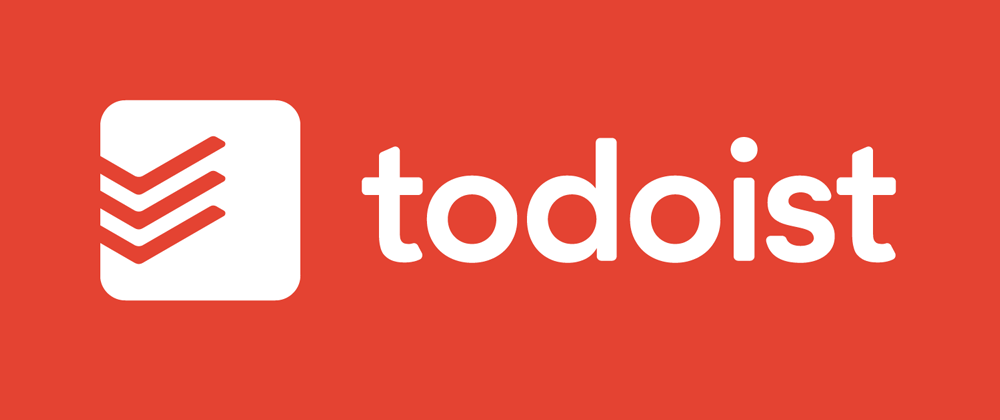
Embarking on the exploration of task management alternatives, let’s dive into an in-depth examination of commonly used task managers for project management, dissecting their unique features and functionalities to aid in the quest for the perfect project management solution.
1. Todoist
Todoist is renowned for its elegant simplicity coupled with robust task management alternatives features. The clean and intuitive interface allows users to effortlessly create tasks, set due dates, and prioritize their workload. What sets Todoist apart is its seamless collaboration capabilities, making it an excellent choice for both individual users and teams. Its cross-platform compatibility ensures users can stay organized whether they’re working from their desktop, tablet, or mobile device, providing a unified experience across devices.
2. Asana
Asana positions itself as a powerhouse in project management, offering a rich set of features for effective task management. With versatile project views, Asana caters to diverse workflows, allowing users to organize and track tasks with precision. Its collaborative features facilitate seamless team coordination, while integration with third-party apps enhances overall workflow efficiency. Although mastering advanced features may require some time, Asana’s payoff in terms of project organization and collaboration makes it a staple for project-oriented teams.
3. Trello
Trello introduces a visual and creative dimension to task management with its boards and cards. Ideal for those who prefer a more intuitive, visual approach, Trello’s user-friendly interface allows for effortless task organization. It is particularly effective for small to medium-sized teams seeking an engaging and straightforward solution. While it may have limitations in detailed task customization, Trello’s visual project management approach makes it a popular choice for those who value a clear and dynamic overview of their tasks.
4. Wrike
Wrike stands out by seamlessly combining task and project management, providing a comprehensive solution for teams with complex workflows. Its interactive Gantt charts and time-tracking features offer detailed progress tracking, making it a preferred choice for organizations requiring a more in-depth project management tool. Although pricing may be on the higher side for small businesses, Wrike’s customizable dashboards and scalability make it a compelling option for teams aiming for project excellence.
5. Microsoft To Do
Integrated into the Microsoft 365 suite, Microsoft To Do offers a straightforward yet effective task management solution. The clean and simple interface aligns seamlessly with Microsoft’s design principles, providing a focused environment for users. Collaboration features cater to Microsoft users, ensuring a cohesive experience within the Microsoft ecosystem. While it may lack some advanced features, Microsoft To Do is a reliable choice for users seeking simplicity and integration.
6. ClickUp
ClickUp boldly embraces an all-in-one approach to project management, combining task management, document collaboration, and more. Its customizable features and user-friendly design make it suitable for various industries, offering a holistic platform for managing tasks and projects. ClickUp caters to teams with diverse needs, although its extensive features may be overwhelming for users seeking a simpler solution. It stands as an ideal choice for those requiring a comprehensive and customizable project management tool.
7. Monday.com
Positioned as a visual and flexible work operating system, Monday.com offers customizable workflows and automations for efficient project management. Its visual and customizable interface provides users with the flexibility to tailor their workflows, enhancing clarity and collaboration. Despite potentially higher pricing for smaller teams, Monday.com’s commitment to visual dynamism and workflow efficiency positions it as a compelling task manager alternative for those who prioritize a visually dynamic approach to project management.
8. Notion
Notion takes a unique approach by seamlessly combining task manager alternative with note-taking and collaboration, creating a versatile workspace. It goes beyond the traditional boundaries of task tracking, allowing users to create a personalized environment. Notion excels in providing a collaborative ecosystem where teams can seamlessly integrate tasks into broader knowledge-sharing practices. While its learning curve may be steeper due to its multifaceted capabilities, Notion stands as a versatile solution for those looking to merge task management with a comprehensive knowledge base and collaborative workspace.
9. Taskade
Taskade focuses on real-time collaboration with features like collaborative documents, task lists, and mind mapping. Designed to cater to remote teams, Taskade offers a dynamic platform that goes beyond traditional task management. Its emphasis on collaboration and visualization sets it apart, making it an ideal choice for teams seeking an interactive and engaging approach to managing tasks.
10. Any.do
With a sleek interface and a focus on simplicity, Any.do offers task management, calendar integration, and a smart assistant. It stands out for its clean and efficient design, providing users with a seamless experience. Any.do’s integration of task management with calendar functions and a smart assistant makes it a comprehensive tool for users seeking an all-in-one solution to enhance their productivity.
Factors To Consider While Choosing The Perfect Task Manager Alternative
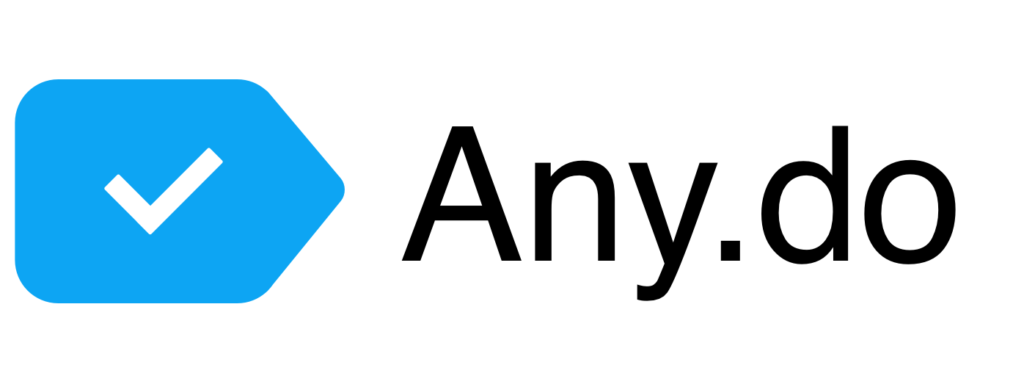
Navigating the myriad of task manager alternatives requires a meticulous examination of key factors to ensure that the chosen solution aligns seamlessly with your unique needs and enhances your overall productivity. Here are five essential considerations to guide you in selecting the perfect task manager alternative:
1. Workflow Alignment
One of the critical factors in choosing a task manager alternative is its ability to align with your existing workflow. Evaluate whether the tool accommodates the intricacies and nuances of your processes. A task manager that allows for customization and adaptability ensures that it becomes an integral part of your daily routine rather than an additional layer of complexity. Assess how well the task manager integrates into your work patterns, ensuring a harmonious fit that enhances, rather than disrupts, your productivity.
2. Scalability and Collaboration
As your projects grow and evolve, the scalability of your task manager becomes paramount. Choose a solution that can seamlessly scale with your expanding workload and team size. Robust collaboration features are equally crucial, facilitating effective communication and coordination among team members. A task manager that fosters collaboration ensures that every team member is on the same page, promoting a cohesive and efficient work environment. Assess how well the task manager supports scalability and collaboration to future-proof your choice.
3. Integration Capabilities
In today’s interconnected digital landscape, the integration capabilities of a task manager are vital. Consider how well the task manager integrates with the other tools you regularly use, such as calendars, communication platforms, and project management applications. A task manager alternative that can seamlessly connect with your existing toolkit creates a unified ecosystem, reducing the need for constant context switching. Evaluate the integration capabilities to streamline your workflow and enhance overall efficiency.
4. User Interface and Experience
The user interface (UI) and overall user experience (UX) play a pivotal role in the successful adoption of a task manager alternative. Opt for a tool with an intuitive and user-friendly design to minimize the learning curve for you and your team. A well-crafted UI enhances navigation and accessibility, ensuring that every feature is easily accessible. An aesthetically pleasing design contributes to a positive overall experience, making it more likely for your team to embrace the task manager and leverage its full potential. Assess the UI and UX to ensure they align with your preferences and contribute to a smooth workflow.
5. Cost and Value
While budget considerations are fundamental, it’s equally crucial to evaluate the value a task manager provides in relation to its cost. Consider the features offered and how they align with your specific needs. A cost-effective solution should not compromise essential functionalities, and conversely, a more premium option should deliver significant value. Strike a balance between affordability and feature richness to ensure that your chosen task manager alternative provides optimal value for your investment. Evaluate the pricing plans, taking into account not only the immediate costs but also the long-term benefits and return on investment.
Conclusion
In the dynamic landscape of task management alternatives, the quest for the perfect solution demands a thorough consideration of key factors. By scrutinizing workflow alignment, scalability, integration capabilities, user experience, and cost-value balance, one can navigate the vast array of options with clarity. The chosen task manager alternative should seamlessly integrate into existing workflows, accommodate growth, connect with essential tools, offer an intuitive user experience, and strike a balance between affordability and feature richness.
In making such a decision, users ensure not only immediate satisfaction but also a tool that evolves with their needs, enhancing overall productivity and efficiency. The careful consideration of these factors is the compass that guides users toward a task manager alternative that is not just a tool but a strategic ally in their pursuit of streamlined and effective task management.




